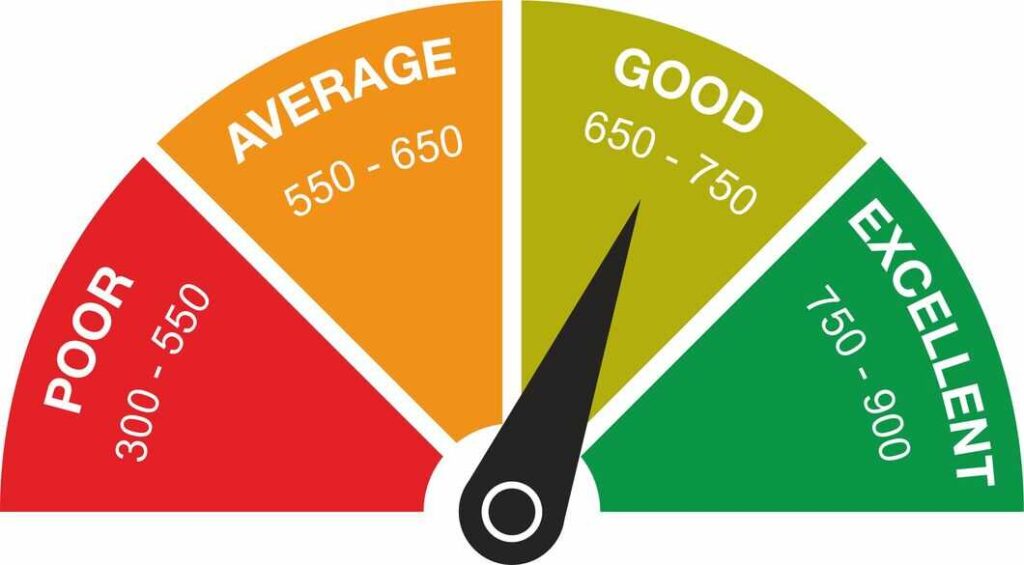As we live in a hurry-up world, credit cards are nowadays considered to be an integral part of personal budget management. With so much to choose from, it can be quite tricky for an individual to select the best credit card—one that fits his or her way of spending and financial goals. This is a thorough guide that aims to assist you in understanding the nuances of choosing credit cards so as to choose one wisely based on your personal needs.
Understanding your spending habits
Good financial management starts with understanding your spending habits. Start by grouping your spending into broad categories such as food, dining out, travel, entertainment, and utilities. This insightful analysis would help in selecting a credit card that best suits your lifestyle and gives you maximum benefits. By analysing your spending patterns, you can choose a credit card not only wisely but also opt for those that will offer the best rewards programmes and privileges. This proactive strategy ensures that not only your credit card stands as a complement to everyday spending but also contributes towards improved financial well-being.

Rewards Programmes:
An important attribute in identifying the most suitable credit card is to assess what types of rewards programmes are available. Credit cards usually give rewards such as cashback, points, or miles. If you like a straightforward method and want to enjoy your rewards instantly, consider using the cash-back card. For people who like to travel, a card that rewards them with points or miles may be better. Check out cards that match your spending categories to earn full rewards.
Annual Fees:
Credit cards come with varying fee structures, one popular component being annual fees. There are some cards that have high rewards and additional benefits, but they may charge higher annual fees. Check whether the costs are greater than or lessened by the benefits, depending on your spending habits. If you travel a lot or spend large amounts of money in specific categories regularly, an annual fee card should be paid when the rewards usually compensate for the cost.
Interest Rates:
A basic understanding of the interest rates involved with credit cards is essential to good financial management. Different credit cards can provide you with 0% APR as a kind of promotion, but be attentive to the real cost that will appear after finishing this period. If you often leave a balance, then using a card with the lowest interest might be wise to avoid missing out on finance charges.
Introductory Offers
Credit card companies will sometimes be persuasive to prospective freshmen customers with seductively luring introductory offers such as cash awards, appealing balance transfers at no cost, or high rewards rates. Carefully evaluate these offers and select a card that fits your financial objectives. Remember that attractive introductory offers are often tempting, but the future benefits and features of the card should also match your requirements.
Foreign Transaction Fees: For regular travellers, credit cards without foreign transaction charges are a necessity. These fees can accumulate quickly and offset the value of any bonuses received when you’re out of your home country. Look out for cards that allow you to conduct business across the globe without incurring additional charges when making a transaction outside the country’s local currency.
Credit score considerations
Your credit score is important in determining what type of credit card you will be approved for. Usually, people with higher credit scores qualify for cards that offer improved rewards and benefits. If your credit score is less than perfect, try to look for cards that are specifically designed for people with average or typical scores. Conscious and appropriate credit card utilisation will enhance your credit rating over time, unlocking more profit-laden cards.

Redemption Flexibility
Look at the redemption policies of rewards accrued on credit cards. Some cards offer statement credits, direct deposits, or even transferring points to partner programs. Choose a card that offers redemption opportunities well-suited to your choices.
Sum up
However, this guide will aid you in evaluating your spending habits, financial goals, and lifestyle preferences to identify the best credit card for yourself. Remember that a well-selected credit card is not merely an instrument of finances; it is a strategic property that has increased one’s overall financial health. So take the time to look around and choose a credit card that makes every purchase count while giving you ongoing benefits.
